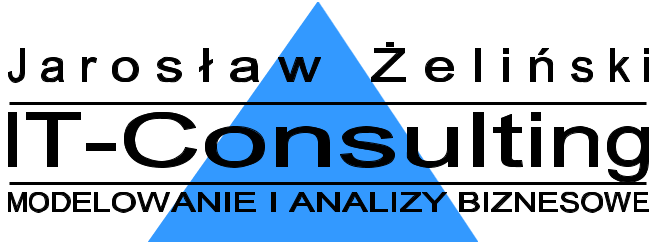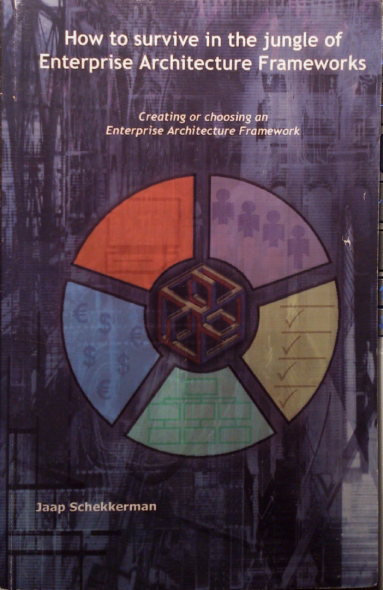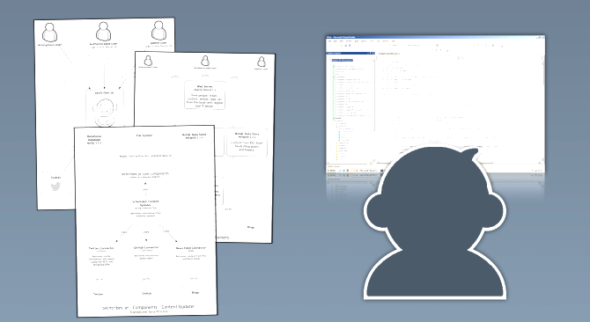Jaroslaw Zelinski (Independent Researcher, UK)
Source Title: Emerging Challenges, Solutions, and Best Practices for Digital Enterprise Transformation
Copyright: ? 2021 | Pages: 24 DOI: 10.4018/978-1-7998-8587-0.ch003
OnDemand PDF Download: Available $37.50 Current Special Offers
Abstract
This study presents a method for the storage of data organized in digital documents, which is proven in practice. The discussed method does not bear any disadvantages of the relational model used for data organization, such as the loss of data context and complications evoked by the lack of data redundancy. The method presented here can be used for data organization into documents (digital and paper) as classified aggregates and for data classification. The study also describes a new metamodel for the data structure which assumes that documents, being data structures, form compact aggregates, classified as objects, or event descriptions, thus always assigning them a specific and unambiguous context. Furthermore, the study presents a design method for documents as context aggregates that allows leveling the disadvantages of the relational model and ensures efficient information management. The work also contains practical examples of the application of the described method.Chapter PreviewTop
Background
Documents often contain a high volume of different data jointly forming multiple context datasets (aggregates). Application of relational model for the organization of such data leads to the generation of a comprehensive system of relational linked tables, while the removal of redundancies often results in the loss of content context of individual fields in the tables. This gives rise to a necessity to use the highly complex SQL queries so that these documents can be saved in and retrieved from this database. Thus, the database itself solely contains data deprived of the context present in tables, not the documents.
Many authors have pointed out the problem of complexity and the loss of uniform relational model context (Ślęzak et al., 2018). Those authors have suggested that contexts should be separated in large relational data models. However, recommendation of context separation (Evans, 2003; Fowler, 1997; Fowler & Rice, 2005), while maintaining the relational model, does not help to solve the issue completely (Awang et al., 2012, 2012, 2012).
Context change often alters the meaning of data (Danesi, 2004). Attempts made for maintaining the meaning of data frequently result in the formation of comprehensive relational data models, thus generating additional costs. Therefore, using one relational data model to save the contents of numerous different documents can make such a system an enormous and indivisible monolith, which is expensive to develop as well as maintain.
Key Terms in this Chapter
Document Database: A class of non-relational, sometimes called NoSQL database, the document data model has become the most popular alternative to tabular, relational databases.
Notion Model (Also Fact Model, Conceptual Schema): Represented by a set of sentences, each of which connotes either a rule or a ground fact (OMG.org, 2019).
Object Paradigm: A paradigm that recognizes that the system is built of independent and encapsulated objects with specific responsibilities.





